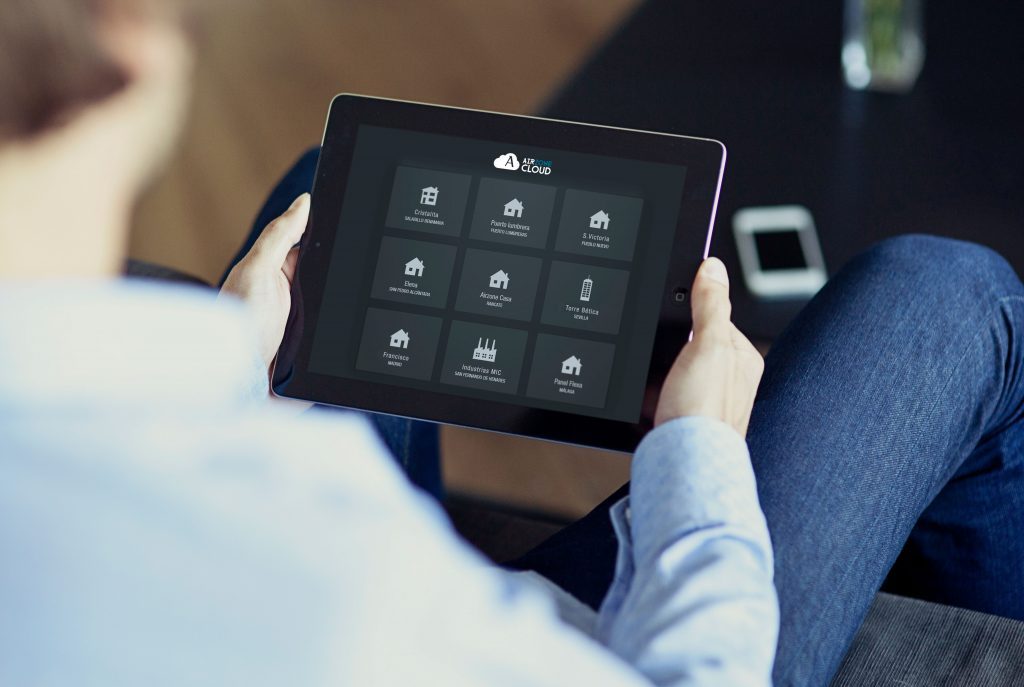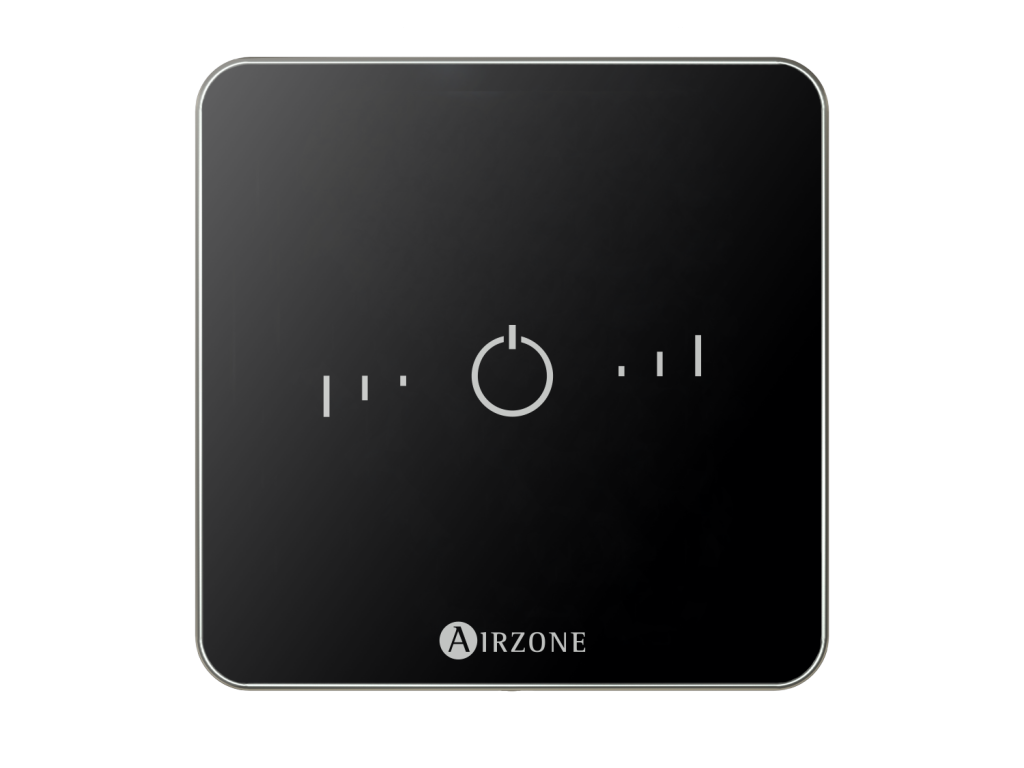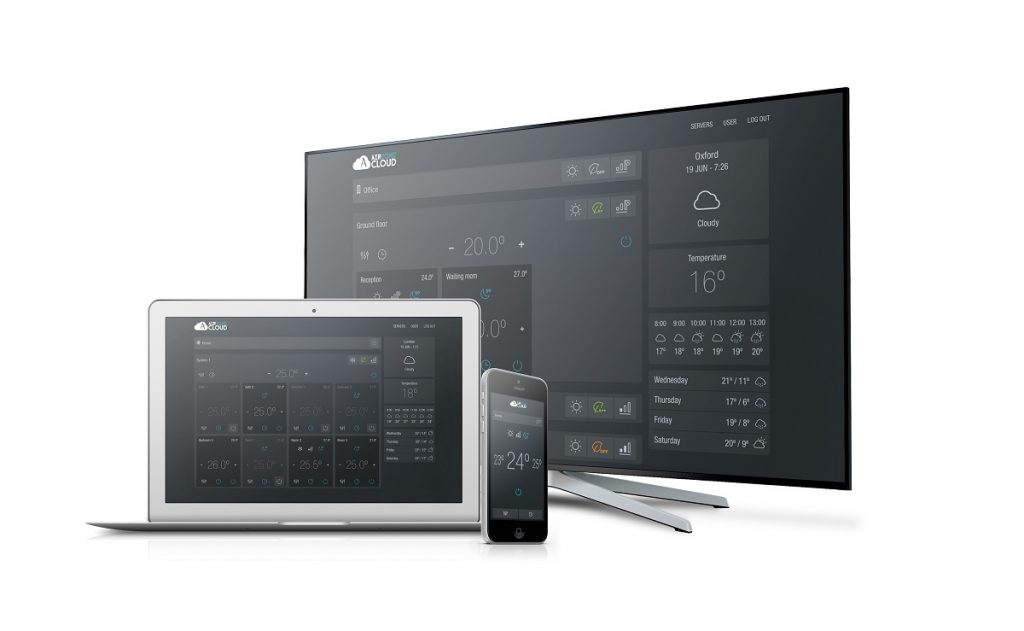


29 Oct 18

How are HVAC innovations changing our way of looking at air conditioning?
Homeowners, office workers or hotel guests are more demanding than ever of A/C technology. This is especially the case when considering convenience, sustainability and user experience.
These days, more users want to be able to connect to their HVAC systems remotely, whether from the comfort of the sofa or from practically anywhere in the world with an internet connection. They also expect reliability, energy efficiency and adaptability to individual needs.
The HVAC industry is constantly advancing
This growth in demand has stimulated constant advances in HVAC innovations with systems able to learn the user’s living habits, syncing with local weather data and collecting data to increase efficiency.
With Airzone Control, we are at the forefront of these latest trends with a system that:
- is compatible with the A/C units of the main HVAC manufacturers in the market,
- responds to the demand for integrated systems with its cloud app,
- and combines convenience, improved energy efficiency and financial benefits for users.
The Internet of Things
The most recent HVAC innovations are closely linked to the concept of the Internet of Things (IoT). The ability to control the temperature of an entire building at any time, from any place, has several advantages and is very appealing for clients.
Users of Airzone Control can easily adjust the thermostat according to needs of each zone. Depending on the thermostat interface chosen for the zone (Blueface, Think and Lite), users can easily switch modes and temperatures; set schedules; see temperature and humidity readings in real time; or employ Sleep or Eco-Adapt modes - all in six different languages.

What’s more, thanks to the clean, elegant and intuitive Airzone Cloud app, the user can ensure that the HVAC system is operating for the benefit of everyone in the building from practically anywhere, Wi-Fi permitting.
Zoning systems, a simple idea that brings huge advantages
As well as providing superior comfort, efficiency is very important when choosing the right HVAC system. The biggest benefit of our system is that the end user can manage different temperatures in multiple zones out of a single ducted unit. Easyzoneadapts the air conditioning to the specific needs of each individual zone in the building. The airflow is regulated quickly and quietly, so rooms are heated or cooled down in a matter of minutes.
Airzone’s highly-adaptive plenum responds to the information sent from the thermostat in each zone, sending cool or warm air only to the areas that require it. This means that the system only operates at 100% capacity when all zones require airflow, ensuring that the system is never working more than necessary. This can create an energy saving of up to 53 per cent compared to non-zoned systems, according to a study carried out by the University of Malaga (UMA).[1]
While energy savings and the reduction of their carbon footprint are important considerations for users, comfort is often the most important factor. With non-zoned systems it is not possible to provide total comfort in areas that have special requirements and therefore need extra cooling or heating.
For example, if their kitchen is always hotter than their bedroom, or their basement is much colder than the rest of the house, they will be able to adjust their temperatures accordingly with a zoned system. Likewise, rooms with high windows or home gyms can easily be regulated to maximize comfort.
What’s more, if a family member goes on holiday or away on business, zoning technology can ensure that their usual zone won’t get heated or cooled if they’re not there.
How can data improve HVAC efficiency?
A vast amount of data from HVAC systems can now be gathered through cloud technology. Through the Airzone Cloud, data can be collected to improve efficiency, but also to keep systems up to date and correctly maintained.

Information is power and data feedback can be an important diagnostic tool. With the user’s permission, installers or technicians can have immediate access to the data and any performance issues can be solved quickly.
With remote technical support, product engineers are also able to look at the system to verify that it is correctly operating, performing at a high level, and that the system parameters are well adjusted. If that is not the case then maintenance can be dispatched. This is not only beneficial for the client, who has complete control over the data, but also the professionals involved.
As far as Airzone’s R+D team is concerned, not only can we use the data to improve existing products, the feedback is vital in continuing to change our way of looking at air conditioning and creating even better products in the future.